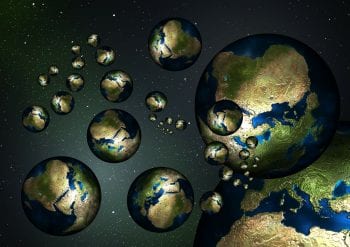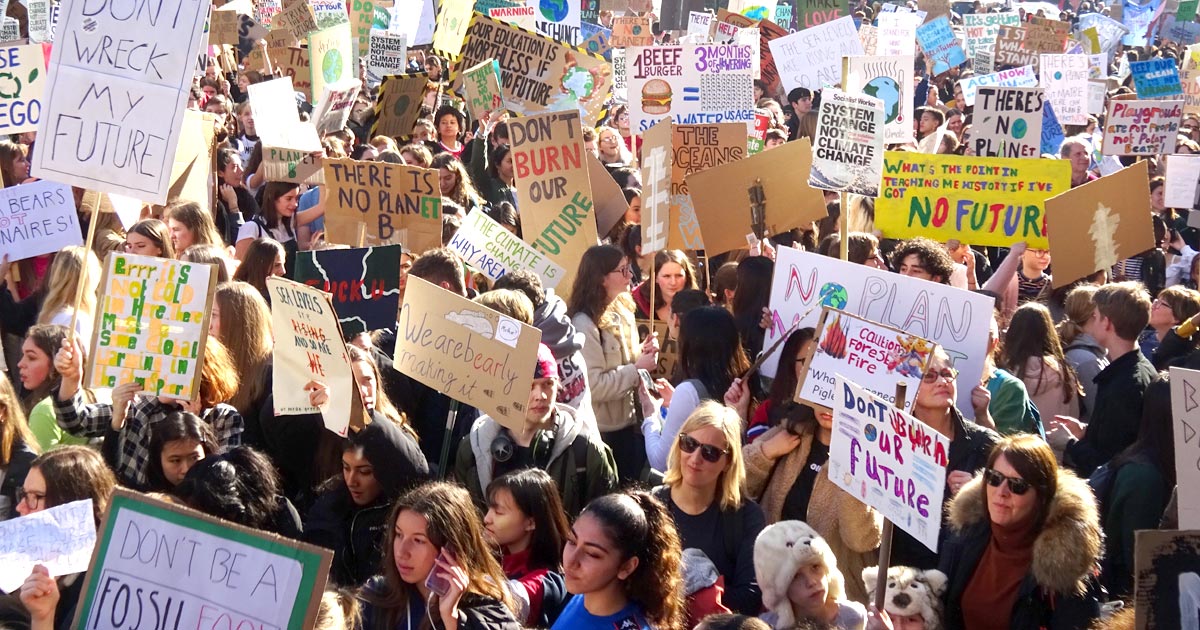Climate change and mass extinction have been hot topics over recent weeks. But, if we’re being perfectly candid, these subjects should have reached the headlines a long time ago – which is perhaps why so many people have taken to the streets of London in protest.
Though I share the plight of the people who have, and continue to demonstrate, as well as the frustration in the rate of progress being made (as it can appear, at times, to be achingly slow), there is nothing to be gained for mourning the time that’s been lost, as it’s time we will never get back.
The only change we should concern ourselves with is that to come and, in the current climate (no pun intended), the next generation of vets will be vital in filling environmental, public relations and food health roles as they never have before.
Food industry
In recent lectures we have been encouraged to research and understand elements of the food industry outside of our curriculum. One expert informed us that if we carried on consuming and demanding food at the rate we are now, we would require five-and-a-half planet earths’ worth of space to feed the population within the next 100 years.

This statement introduced what went on to be a two-hour seminar, and although none of the content was to be examinable, we all paid attention.
I think it’s because we all understood that what we were being taught went beyond text books and exam papers – it represented a facet of the veterinary career that probably very few of us had even considered before applying for the course, and yet now seems one of the most important.
Turning the tide
A veterinarian’s role in conservation is no new thing, but with multi-species extinction on the rise, and with no signs of slowing down, it’s never been more important to encourage graduates to forego the comfort zones of first opinion practice and expand their experience in this field.
It’s only by pooling together the research, time and expertise of as many trained medical, zoological and biological professionals as possible that we can begin to turn the tides, and protect the most vulnerable, but beautiful, creatures on our planet for good.
Sustainable diet
As for the world food crisis, reaching a solution is two-fold: finding a sustainable diet, and then finding the most efficient and cost-effective means of producing this diet on a global scale.
Veterinary involvement is paramount for this to be achieved. Not only are vets crucial for both ethical and reliable research, they are also the bridge between the scientific and farming communities.
By working alongside the farming industry and educating the next wave of agricultural workers in efficiency and sustainability, we can begin to form the infrastructure from which real, tangible change can be seen in all of our futures.

Leave a Reply